Based on a true story.
The rain, which had always been dependable in its season, stopped coming the year Bekele* turned 18. The ground dried up, leaving gaping cracks, and the crops began to wither and die. Then, as if unleashing all it held back during the season, the skies opened and poured water for days on end, and the hardened ground was unable to soak it all up—the fields flooded and the already struggling crops were ruined.
It wasn’t just Bekele’s family that suffered loss. Neighbors from across the small highlands village in Ethiopia came by, asking, “What are we to do?”—looking to Bekele’s father for advice.
“The Lord will provide. He will show us how to rebuild,” his father always replied.
Bekele quickly became angry at his father’s calm responses.
“We can’t just sit around praying; we need to do something now. We’re running out of food,” Bekele said.
In desperation, Bekele slipped away from his home and family early one morning without telling anyone and headed to the nearest town to look for a job.
Desperate for work
 Reaching town just after daybreak, he wandered into the first open business he found.
Reaching town just after daybreak, he wandered into the first open business he found.
“Hello, is there any work I can do here?” he asked.
“Sorry, not hiring.”
Undeterred, Bekele moved on to the next.
At his fifth rejection, a small cafe, one of the patrons followed him out to the street, having overheard the exchange.
“Hey, I know where you can get a job. It would require a long journey, but the pay would be well worth it. I’m going myself later this week; you can join me,” the man said.
“If I don’t get a job, my family and I will starve,” Bekele said.
The man, named Luyando*, smiled and slapped him on the shoulder. “Brother, come with me, and your family will feast like kings the rest of your lives.”
“I’m in,” said Bekele.
Chasing something better
Bekele spent the night on the street and true to his farmer ways, was at the cafe ready to go before sunrise. To his great surprise, Luyando showed up for the journey with seven other young men. One of these men Bekele recognized as a neighbor from his village.
“Abel!* What are you doing here?”
“Same as you, I suppose. I couldn’t sit around any longer, waiting for things to get better. Our parents don’t realize that our modern world has so many more opportunities than they had growing up. But they’ll see we were right when they get our first paychecks in the mail!”
The nine men climbed into a waiting cargo truck in the alley behind the cafe and set off for distant lands and promises of wealth, an air of excitement between them.
The first red flag
When they neared the border with Kenya, Luyando ordered them to leave the truck and proceed on foot. Some trees lay ahead, and Luyando kept glancing back toward the road as he urged them to hurry. Halfway to the trees, he suddenly shouted, “Get down! In the bushes!”
 Confused, the men dropped low, hiding behind small bushes, as they saw a patrol car pass by. When it was gone, they stood and ran to the shelter of the trees.
Confused, the men dropped low, hiding behind small bushes, as they saw a patrol car pass by. When it was gone, they stood and ran to the shelter of the trees.
“Why did we need to hide?” Bekele asked Luyando, when they had all caught their breath. “Are we doing something wrong?”
Luyando shook his head, but his expression had hardened and he offered no explanation.
Luyando told them they were heading to South Africa, where Ethiopian workers were in high demand and would be paid extremely well. None of the recruited men had any idea how long of a journey this would be, having never traveled beyond an hour or so out of town. When the journey stretched from hours into days, eating and sleeping very little, the men grew weary and impatient.
“When will we get there?” Abel asked Luyando.
“Have patience, young man,” Luyando said irritably. “When you are earning a large income, this journey will be a distant memory.”
Abel turned to Bekele in frustration. “He’s just like our parents, always telling us to wait.”
Before it was too late
At their third border crossing, Luyando told the men that they wouldn’t have to walk on foot for this one but would instead pile into his friend’s car. The border with Zambia had some less-patrolled crossing points, and a car would draw less attention than a large truck.
At this point, they had already traveled some 1,500 miles—roughly the distance between Denver and New York City—and the men were hugely relieved to be on wheels for this crossing, even if it was a tight squeeze. They crammed all nine of them into a five-seater car and started down the road, inconspicuous among other similar cars. Focused on avoiding the attention of any uniformed officers, they don’t notice two young men with lanyards observing them before the checkpoint.
After the car passed, one of these men took out his phone and made a call.
“Keep an eye out for an unregistered vehicle carrying a lot of people, should be reaching the checkpoint in a few minutes,” he said to the officer on the other end. “They look pretty nervous and uncomfortable.”

At the checkpoint, the police heeded the tip-off and stopped the car for questioning while the men with lanyards—Love Justice monitors—made their way back to help out.
None of the men had IDs or phones, and their families didn’t know where they were, which alarmed both police and monitors. In individual interviews, the men each told the monitors their purpose for traveling—to find a high-paying job in South Africa, as Luyando assured them would be an easy task.
“South Africa, huh?” the monitor asked. “Do you realize you’re only about halfway there?”
The men’s faces fell, confirming to the monitor that they had no idea.
Luyando however, in his interview, completely denied recruiting them.
“I saw them walking on the road and had compassion for them; they looked so tired,” he told the monitors. “I offered them a ride to save their aching feet. I was only going to drop them off at the next town.”
The monitors were not fooled by the discrepancy—this was textbook behavior for a trafficker. They handed him over to police for further questioning, who quickly confirmed he was guilty. The police took Luyando to the station to be formally arrested for human trafficking.
When he was gone, the monitors explained the likely danger of human trafficking to the frightened and confused faces before them.
“We made a mistake to trust that man, and now we have no way of getting home,” Bekele said, despair creeping into his voice.
“We can help you with that,” the monitor said gently. “But first, you all must be starving after such a long journey. Let’s get you some food.”
 Return home
Return home
A few weeks later, after extensive coordination between the monitors, police, and embassies to arrange for safe repatriation, Bekele and Abel climbed the hill back to their village. The sun was setting, and looking ahead they could see wisps of campfire smoke reaching to the heavens, where a few stars were already letting their light break forth in the fading sky. The fields they passed as they walked showed that the villagers had been busy at work to replant. Already, tiny green shoots were popping up out of the dirt.
Bekele said goodbye to Abel and turned toward his family’s home, where a fire was crackling and voices hummed. While he was still far off, his father saw him and broke away from the others, running to hug him with tears in his eyes.
“Welcome home, son.”
Every minute in May
Every minute, another person around the world like Bekele is trafficked, with traffickers preying on the needs of vulnerable people and deceiving them with opportunities too good to pass up—but in that same minute, there is hope.
Love Justice places monitors at strategic transit areas to keep watch for signs of trafficking and work with police to protect people before it’s too late. Because of these monitors, Bekele and seven others were protected. They made it back home.
It only costs us $132 to stop one person from being trafficked. This month, we want to see how many minutes we can cover to protect the vulnerable from slavery, one minute at a time—and for a limited time, gifts will be matched up to $500,000.
One minute, one life.
Join us by giving $132 to cover a minute, start a fundraiser using our toolkit, or take the 60 second challenge (below) to raise awareness on social media.
Let’s protect more stories before they’re rewritten by traffickers.
Are you in?
*All data and statistics current at the date and time of publishing. Names and specific locations excluded for privacy and security purposes. Images are representative. AI used to edit some images.
-1.png?width=500&height=500&name=LJI_MAINLOGO_WhiteBackground%20(1)-1.png)

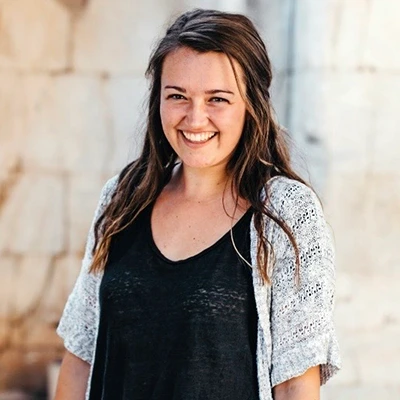

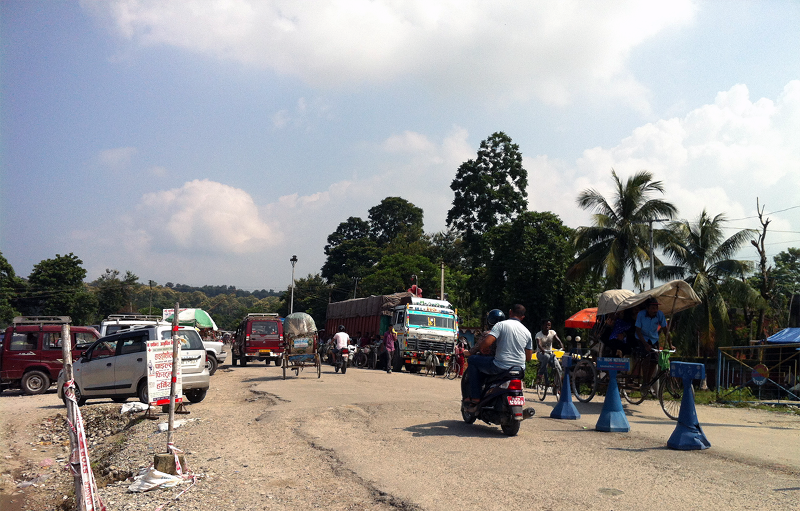
/bimala_feature_blog.webp)
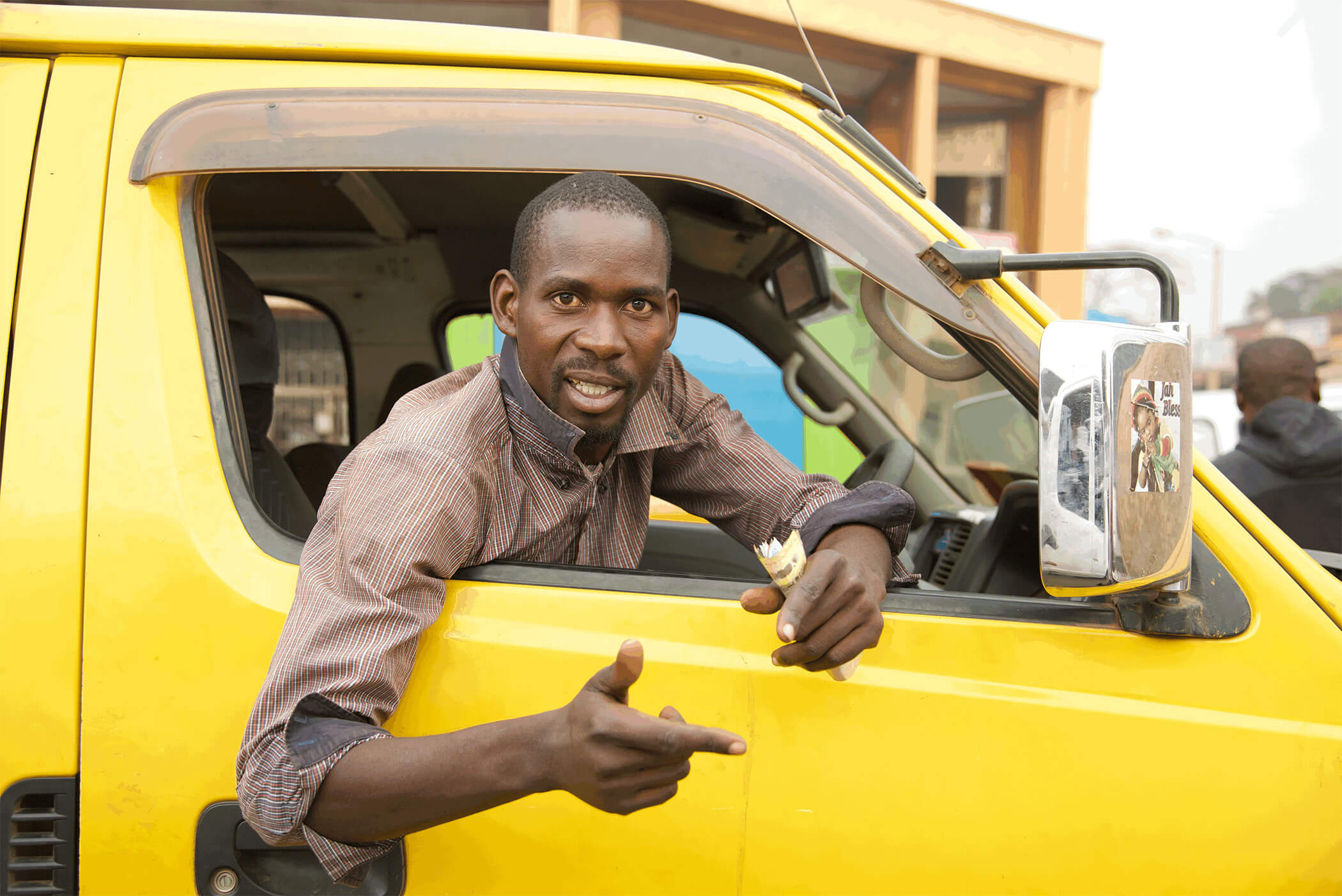
/boy_girl_asia_streets.webp)
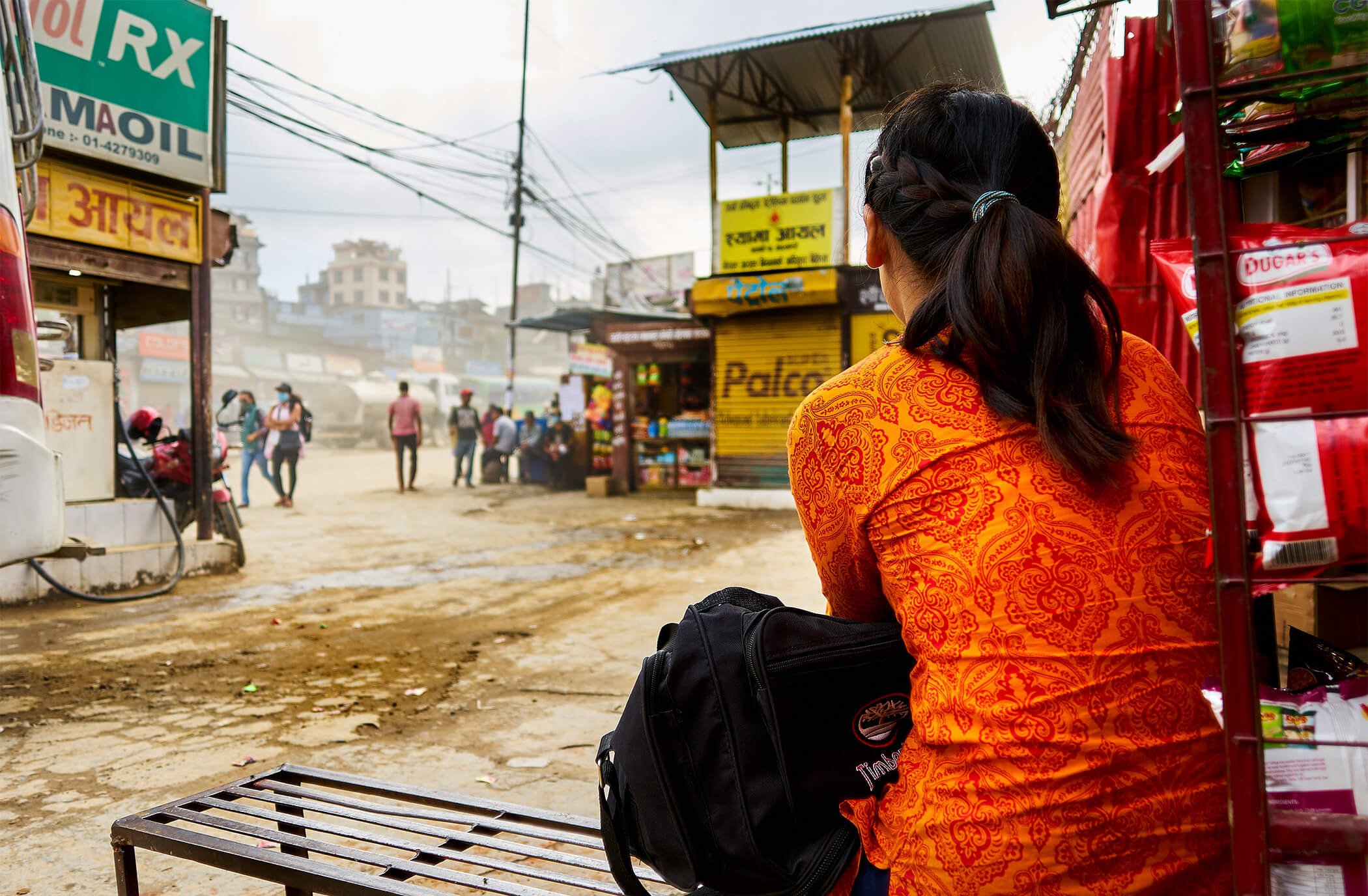
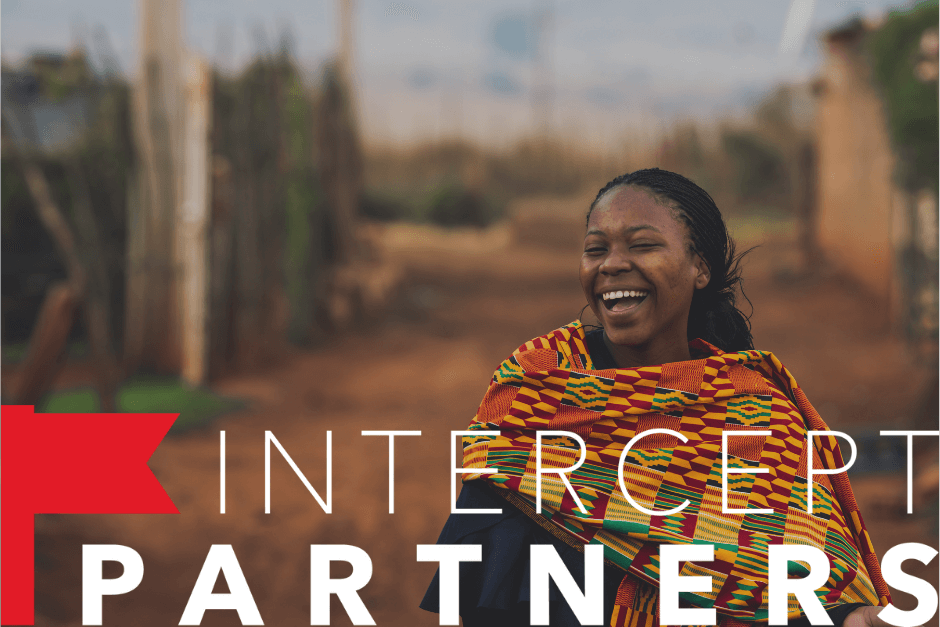

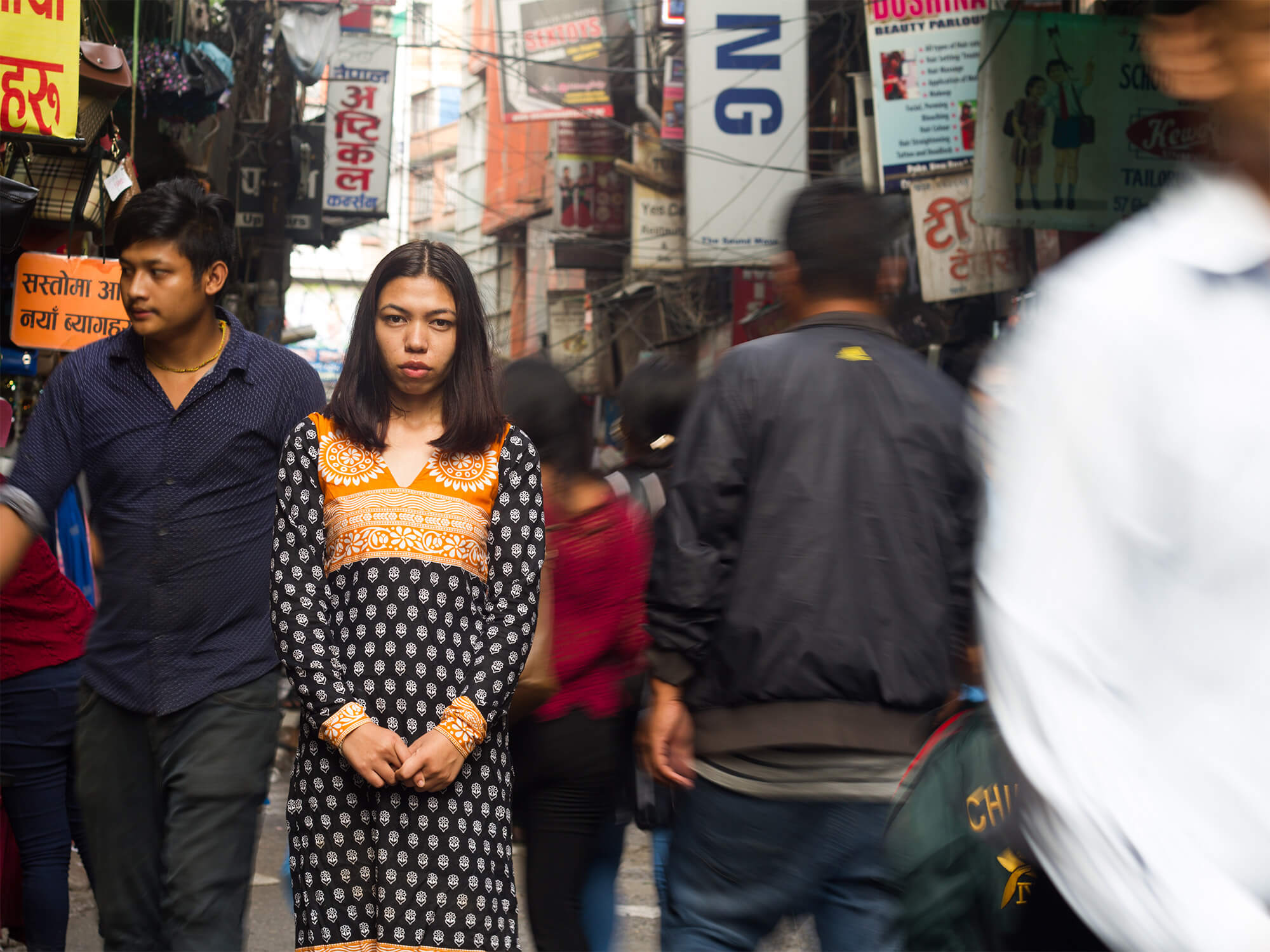

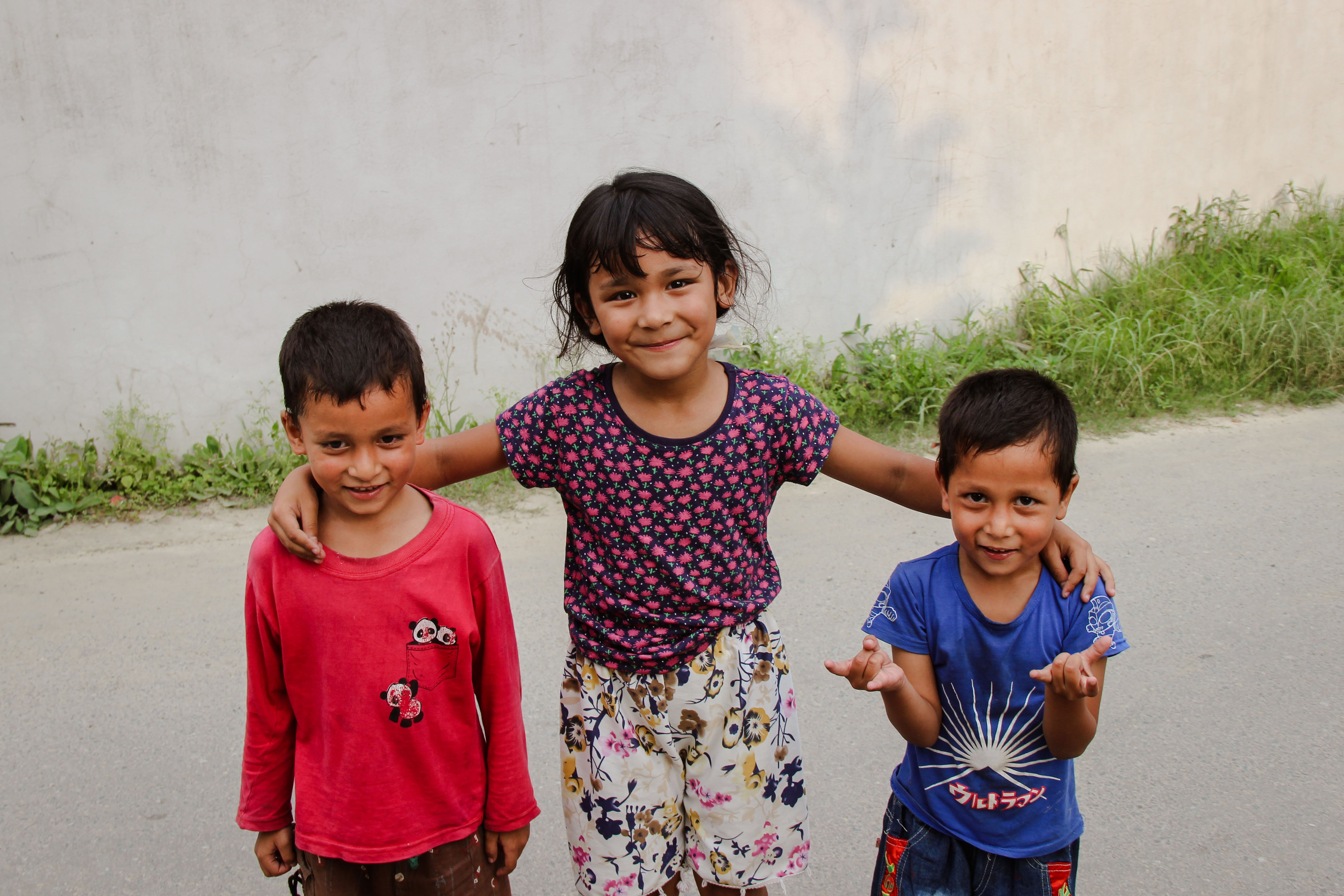
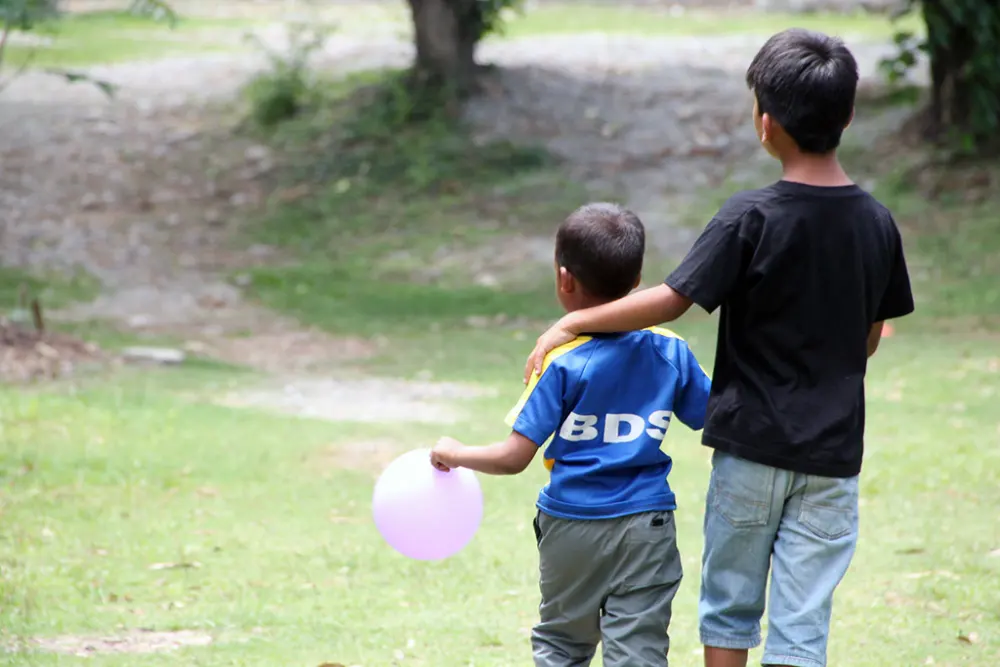
/power_of_one_coming_Tgoether_hands%20(1).webp)

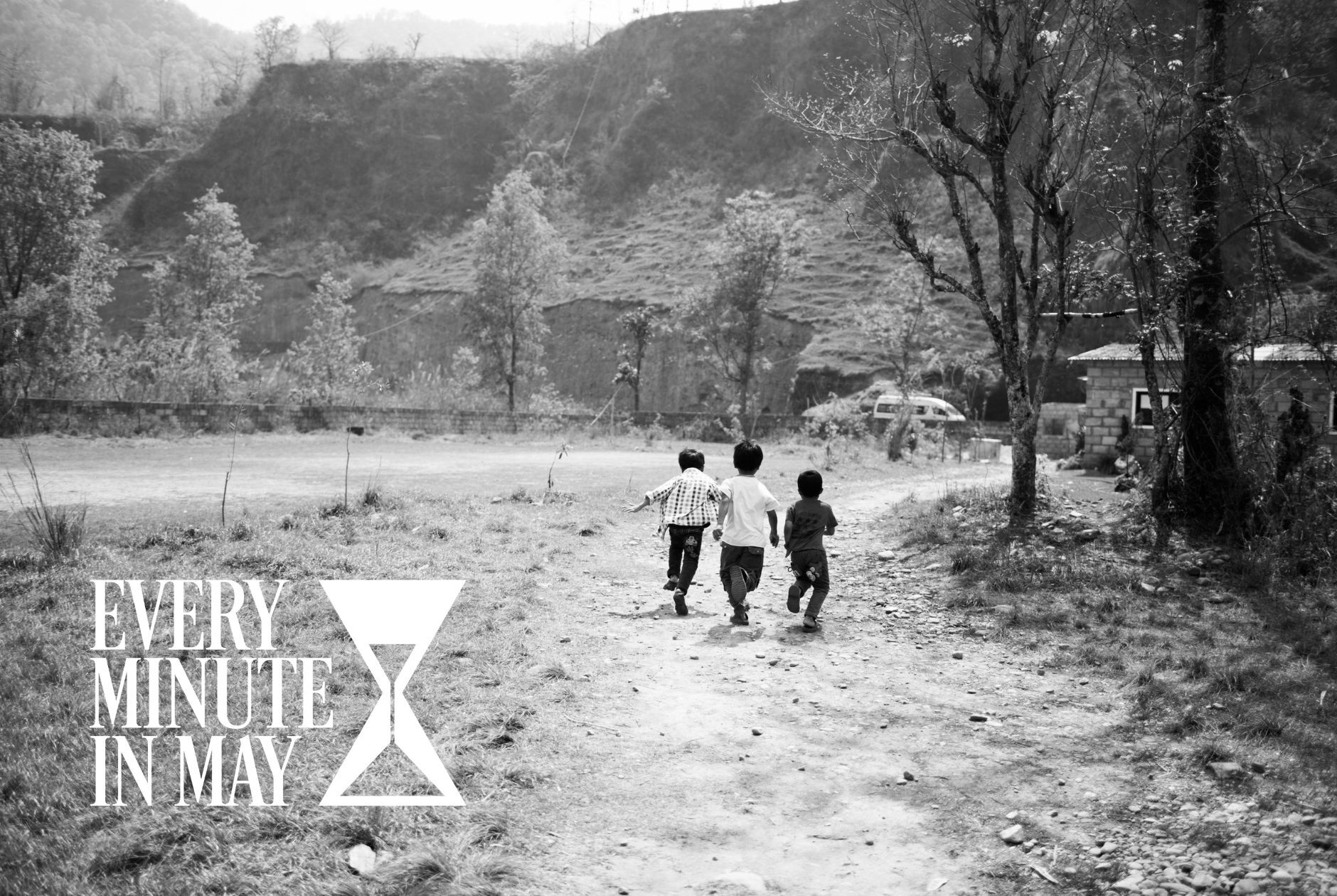
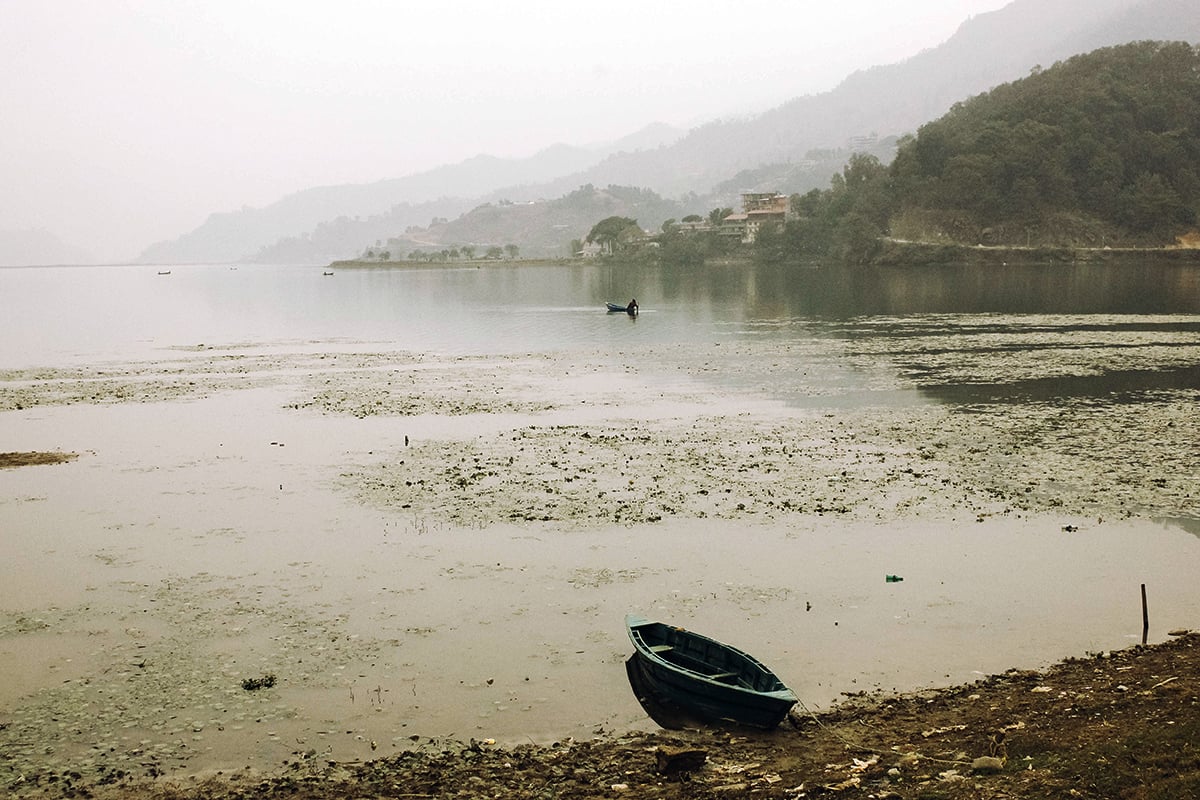
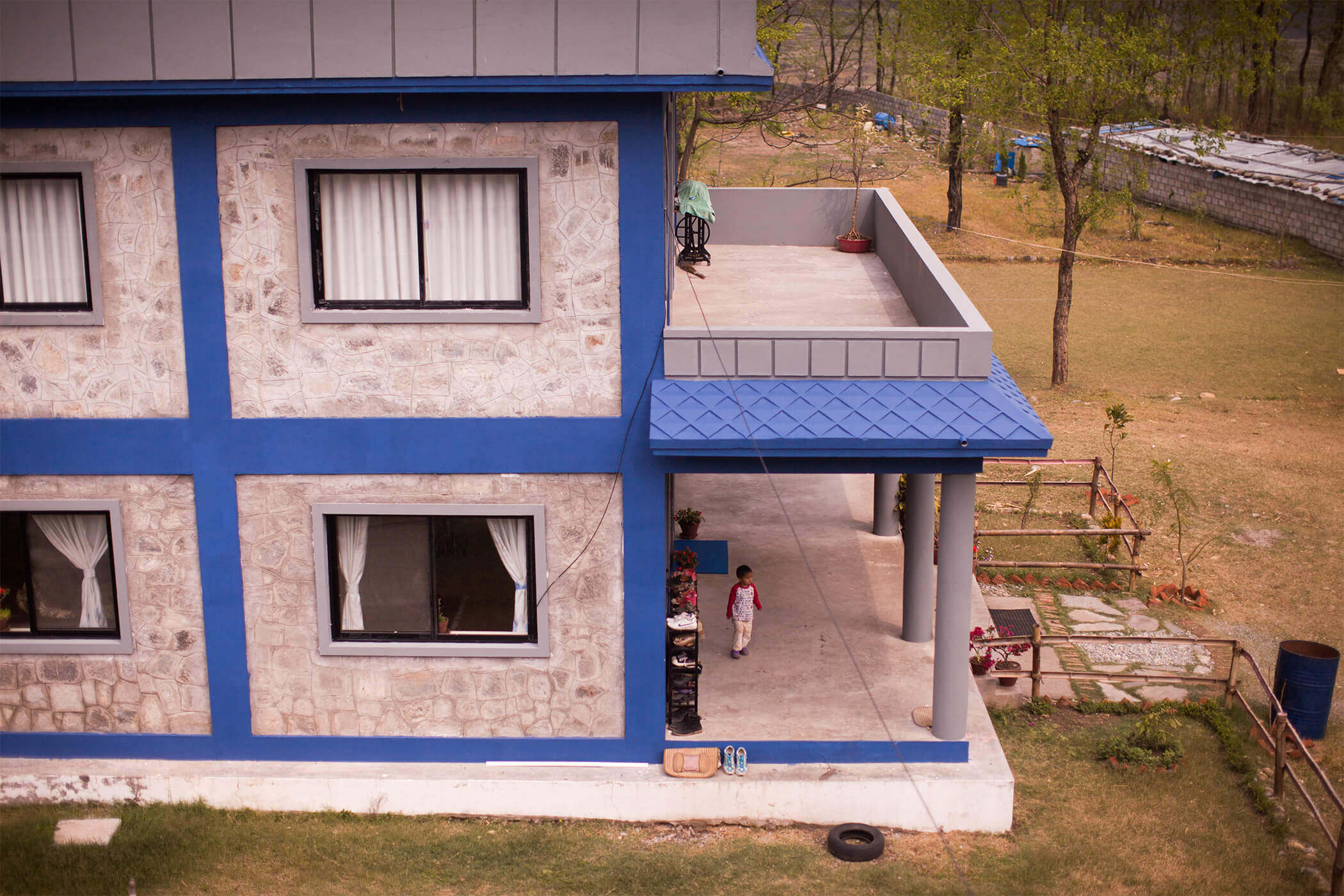
/robin_hood_dream_school_5.webp)

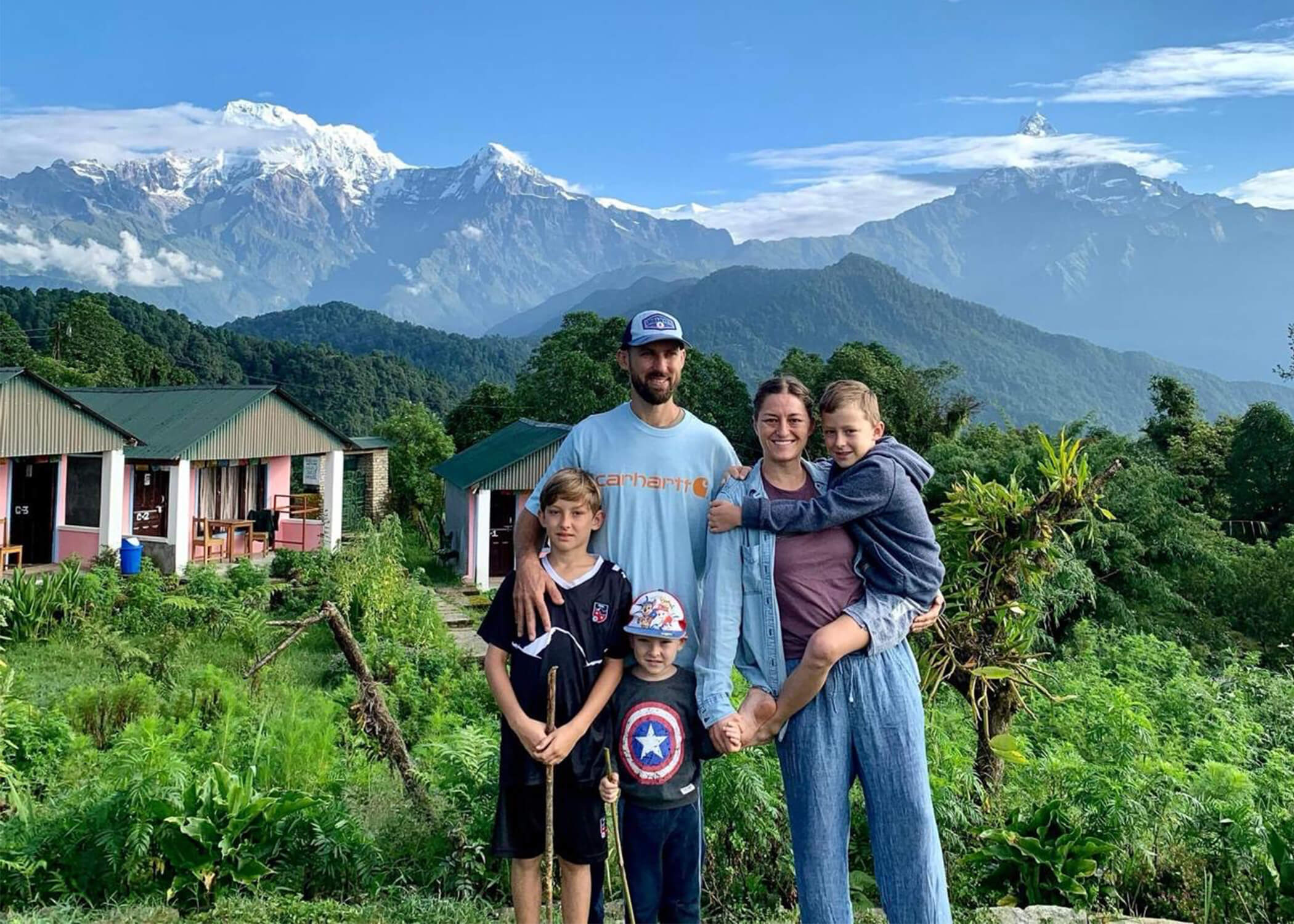
/end_human_trafficking_Rwanda_Tanzania.webp)




Post a comment